Like any part of your car, the starter will eventually begin to fail. You will begin to notice some tell-tale signs of its failure and might wonder how much time this part has left before you need to replace it. We can help you answer that question. We researched this vital part from multiple professional sources so that you'll know for sure how much time you will have.
There is no way to tell how long a bad starter will last. A dying starter could last months before it altogether quits, or it could cease to work almost immediately. It's best to know the signs of a starter beginning to burn out and replace it as soon as possible. The signs to look for are:
- The engine labors to crank
- The engine will not start
- The vehicle will refuse to start intermittently
- The interior lights dim when you start the car
- A grinding noise is heard when the car is started
- You hear the engine whine or whir when it isn't being cranked
Now that we know the range of time a bad starter will last, we'll take a look at the signs your starter shows when it is beginning to fail. You might also be wondering if a starter can fail without warning, or what causes a starter to burn out. For the answers to these questions and more, read ahead in this post to see what our research has uncovered.
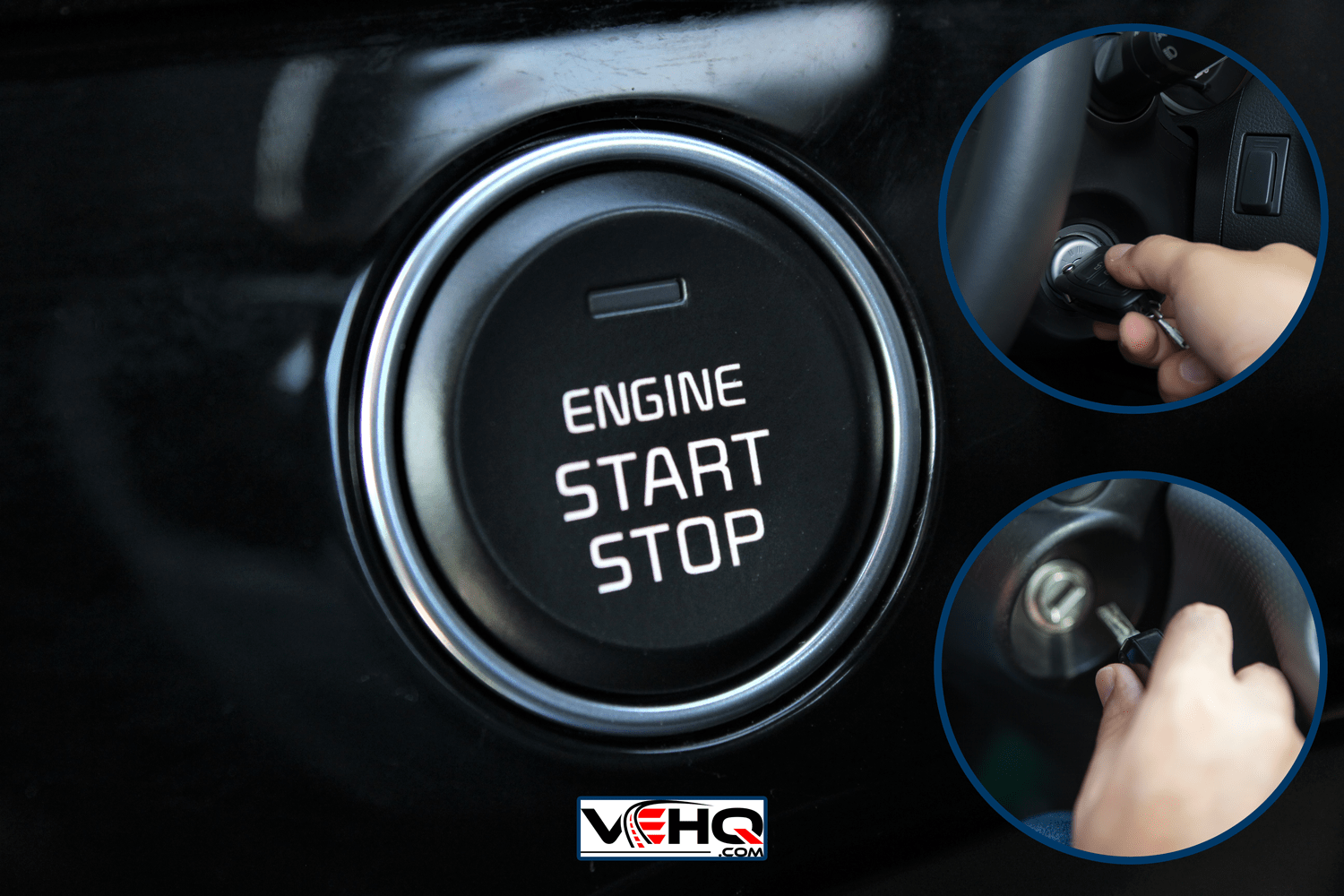
Signs that your starter is beginning to fail
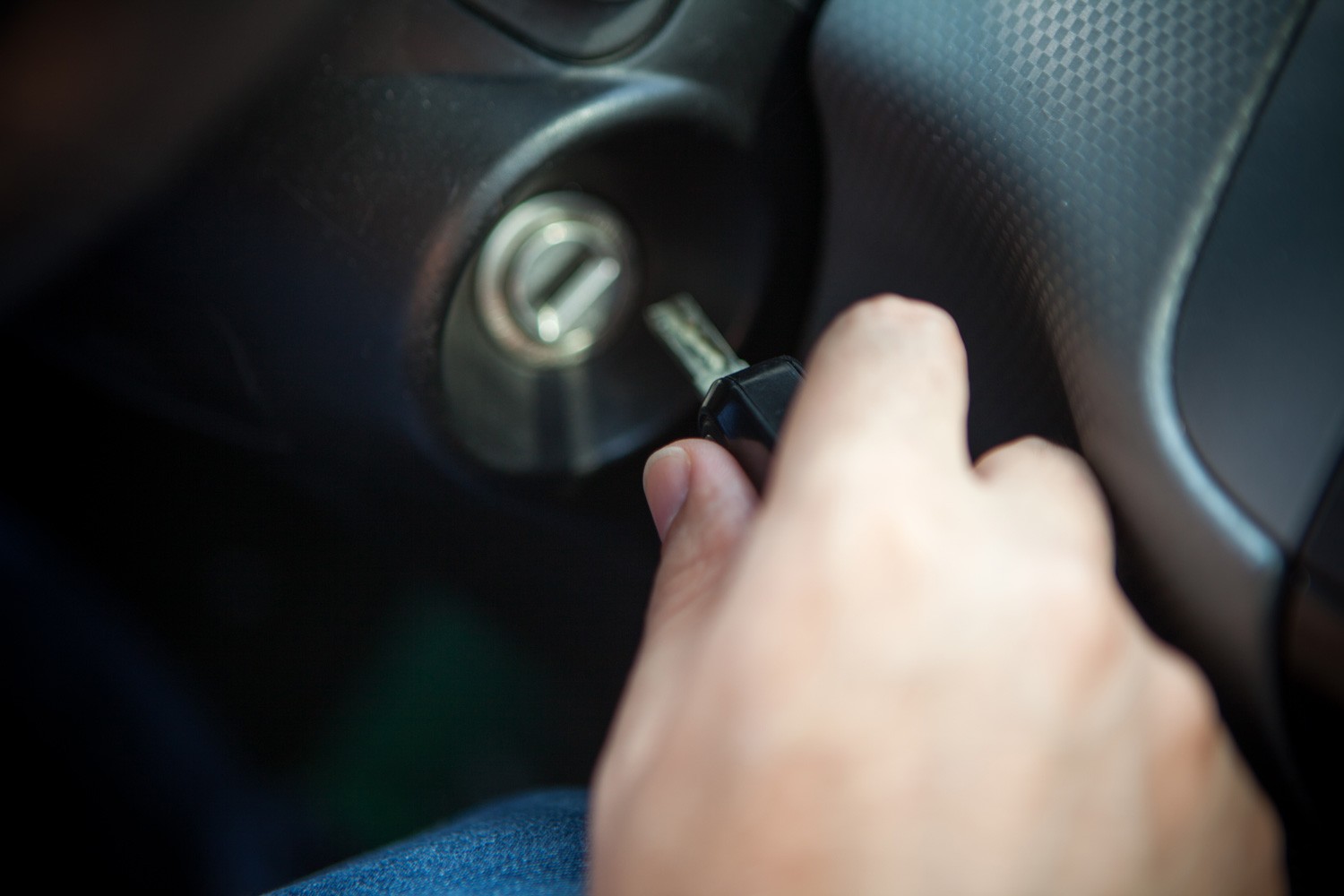
No two starters are the same. Some will last upwards of 200,000 miles, while some might only get your odometer to 30,000 miles before they need to be replaced.
When a starter begins to fail, there can be several signs to look for. Some of these signs we listed below will also be consistent with a low battery or a faulty alternator. Fully charging the battery will sometimes help eliminate it as a factor, so keep that in mind.
While you could get a great number of additional miles with a failing starter, it's best to get it replaced immediately when you notice that it is failing. Though it might last for a long time, odds are it will completely quit sooner than later.
The engine labors to crank
When the electrical components in your starter begin to burn out, it will make the starter work harder to turn over the engine. Without the starter running at full capacity, it will take a bit longer for it to draw power from the battery.
This will result in the engine taking longer to turn over.
This can also be the sign of a low battery or a battery with too much gunk built up on the terminals. Clean the terminals and check the battery's power. If either of those is the problem, the engine should no longer labor to crank when they are fixed.
The engine will not start
If the starter is burning out, it might not start the vehicle at all. Of course, there are other issues why this could be happening. The engine needs an electric charge to turn over. A dead battery might well be the problem.
If the engine still won't start after a battery recharge, it will most likely be the starter. This will be apparent if you hear clicking sounds every time you turn the key.
Starters can be funny about when they work and when they don't. You might find that even though it won't turn the engine now, it will after a few minutes.
The vehicle will refuse to start intermittently
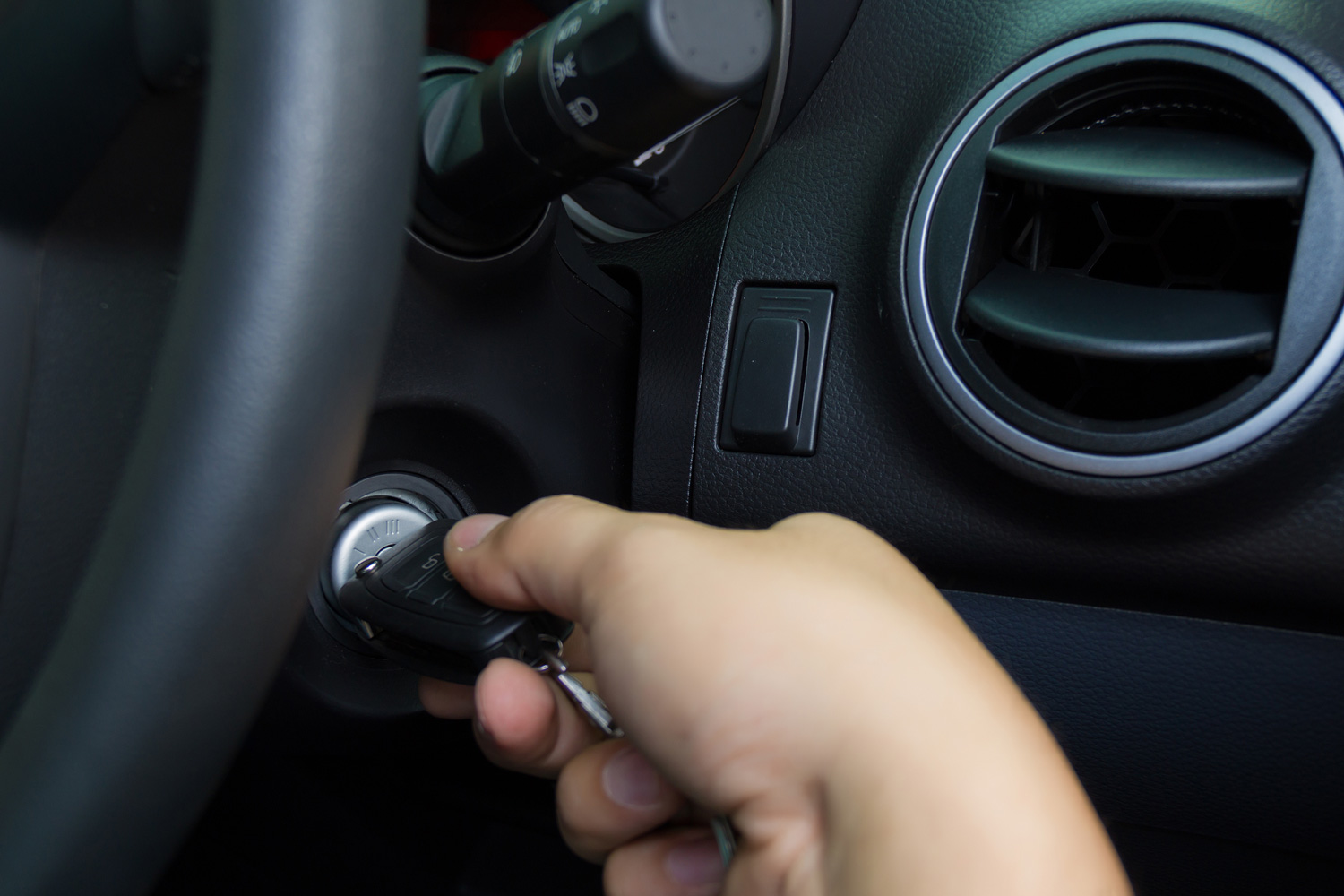
Should you notice that sometimes your vehicle will not start, while its engine whirs quickly at other times, then your starter will probably need to be replaced.
Shorts in the electrical components of your starter might not mean it's completely dead. But rest assured that it is on its way to death. If your vehicle cannot be predictably started every time, it's time to get it inspected and replaced.
The interior lights dim when you start the car
A faulty starter will sometimes have electrical shorts inside of it. When this happens, the shorts cause the starter to draw more power away from other parts of the car that require electricity. This is why a failing starter will make your interior lights dim.
If your headlights are on, you might notice that they dim a lot when you start the car. This is a tell-tale sign that you need to get your starter replaced quickly.
Using a faulty starter for a long can do great damage to the electrical components of your vehicle. Failure to replace it during the early warning signs might cost you more than just a starter.
A grinding noise is heard when the car is started
The starter is more than just electrical components. There are gears inside of it that these components turn, helping to draw power from the battery to start the engine.
If the gears are too worn, you will hear a grinding sound whenever you turn the engine. This might be intermittent, or it might happen every time you attempt to turn the key. Either way, it's time to get an appointment with the dealership or mechanic.
You hear the engine whine or whir when it won't turn over
There is a mechanism that engages and disengages your starter whenever you turn the key. When this part of the starter is faulty, the engine's flywheel will spin by itself without the engine turning over.
This is called "fly wheeling." It is usually intermittent but should be a great sign that your starter is about to fail totally.
Can a starter fail without any warning at all?
We listed the most common signs of your starter beginning to fail. This vital part, though small, has a lot of working components inside of it that begins to wear at unpredictable rates. But the starter will not always show any noticeable signs of failure before it goes.
One day your engine turns over effortlessly. But the next, you hear that dreaded clicking noise every time you turn the key. Unfortunately, there are times when a starter will just die, not giving you any warning at all.
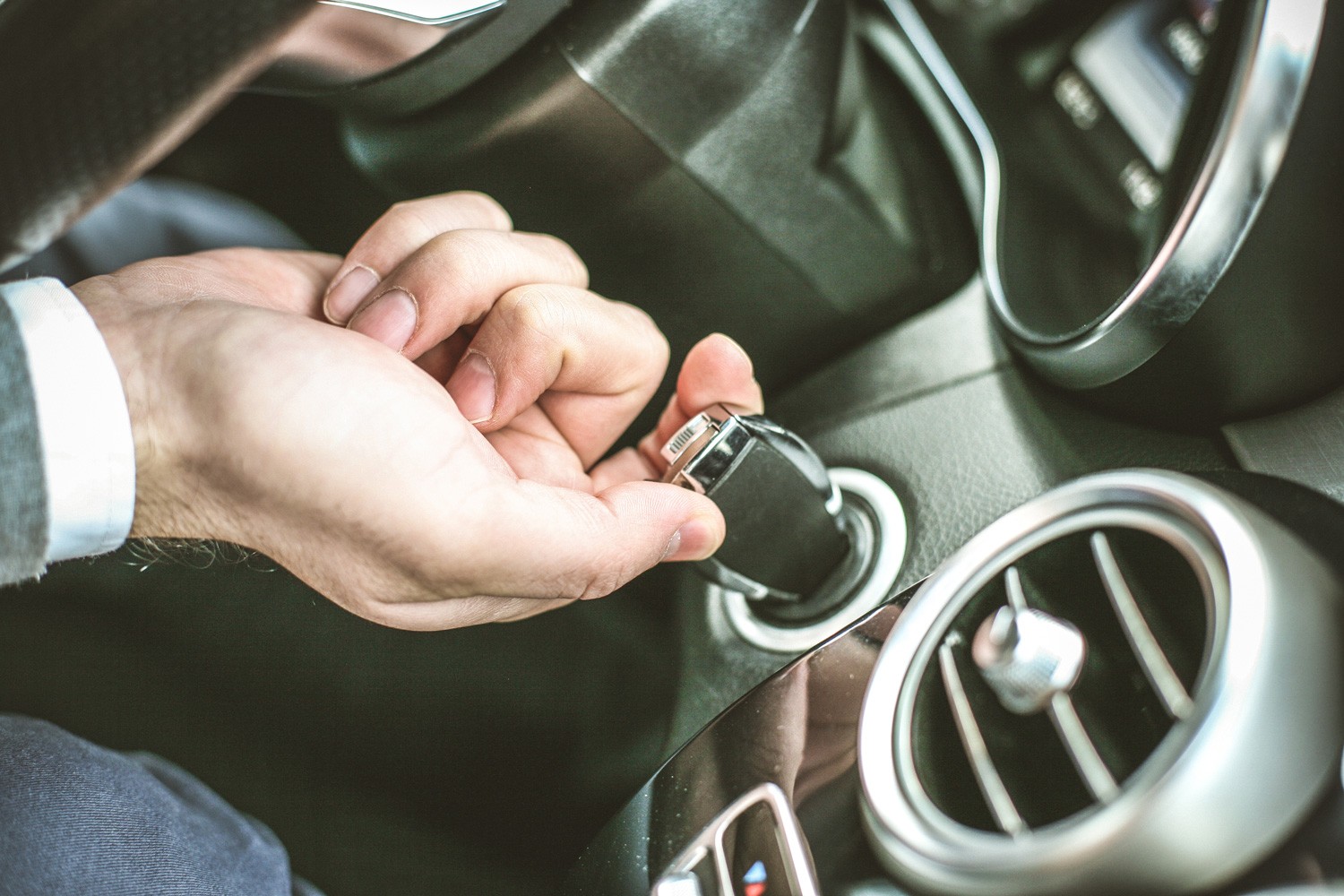
What causes a starter to burn out?
A starter can begin to burn out for several reasons. The ignition switch can become stuck in the starting position, causing the starter motor to burn out.
The starter motor can also burn out if the solenoid stays active when it shouldn't be, making the clutch and pinion assembly continue to draw power from the engine. This excess power will wear the parts faster and contribute to the death of your starter.
Defects and electrical shortages are also a part of what cause a starter to burn out. Worn gears from excessive use of heat will also do the trick.
Finally, there can be some things that the driver can do to shorten the life of the starter. Over-cranking the engine will do it, as this puts a tremendous amount of workload on the starter.
Be mindful of how you start your vehicle and don't continuously crank it if it refuses to start. There might be reasons unrelated to the starter but continuing to hold the key in the start position will only damage this important part.
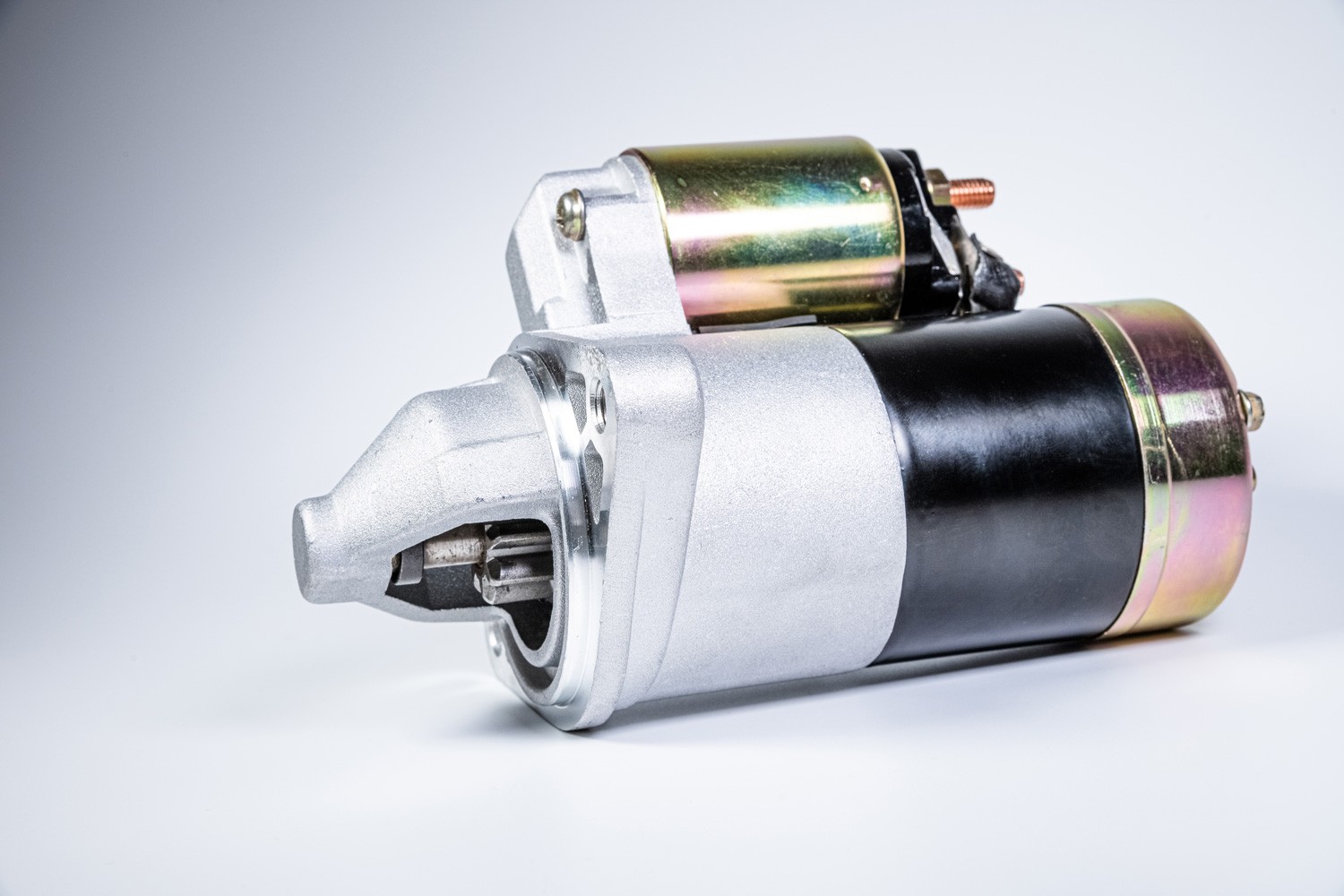
Final thoughts
A starter should be replaced as soon as the first warning signs appear that it is failing. Starters can show a variety of signs of failure, often sharing them with the battery or alternator. The causes of a starter burning out are almost always electrical and aren't something that you can necessarily avoid. Drive safe!
We hope this post on starters answered all of your questions. For additional helpful information, we suggest reading the following automotive posts:
8 Best Lithium Jump Starters That Will Get Your Car Running Again
Truck Won’t Start Just Clicks—What Could Be Wrong? [6 Reasons Explored]
Car Won’t Start In The Cold [Only When It Warms Up]—What To Do?
